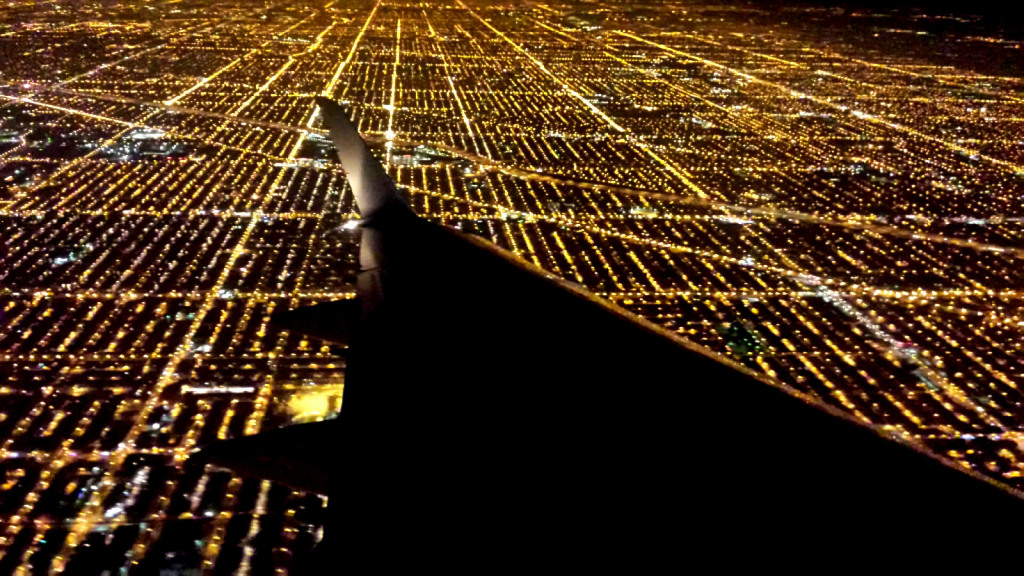Feds Investigating After 20 Laser Strikes Aimed At Aircraft Reported Across The U.S. In One Night
The Federal Aviation Administration received three reports of laser strikes in the New York City area and three reports at Dallas Love Field. Other strikes were reported in Jamestown, N.Y.; Los Angeles, Oakland, Palm Springs, Ontario and Sacramento, Calif.; Covington and Danville, Ky.; Salt Lake City, Utah; Albuquerque, N.M.; Detroit, Mich.; St. Petersburg, Fla., Springfield, Ill., and San Juan, Puerto Rico, reports USA Today.
“None of the pilots reported injuries,” an FAA spokeswoman, said of the Thursday incidents. “Nevertheless, shining a laser at an aircraft is a federal crime that the U.S. vigorously pursues.”
This year was already on its way to becoming a record year for laser strikes, despite a recent crackdown and tougher penalties for perpetrators: there were 5,352 strikes through Oct. 16, the FAA says, a major uptick from the 2,837 incidents reported in 2010.
Cities with the most laser strikes this year so far are L.A. (197), Phoenix (183), Houston (151), Las Vegas (132) and Dallas-Fort Worth (115)os Angeles with 197, Phoenix with 183, Houston with 151, Las Vegas with 132 and Dallas-Fort Worth with 115.
Civilians caught shining lasers into plane cockpits — which can temporarily blind a pilot during takeoff or landing — can get 20 years in prison with a $250,000 fine. But the problem is, it’s not so easy to catch offenders. Trying to track a laser down to a specific spot on the ground in time to catch someone before they run off is difficult, so the industry and the FAA have been working to educate others and urge them to report any strikes they see in action.
In last night’s flurry of laser strikes, two suspects were arrested, after a news helicopter hit by a laser flying over Brooklyn spotted the source of the light from 1,500 feet. Another news chopper was struck near Newark Airport, and the FBI has a suspect in custody.
“We will need to do more to fully engage in a solution that combines education, reporting, enforcement, and technology to protect North American air transportation,” said Capt. Tim Canoll, the president of the Air Line Pilots Association.
Let’s put it this way: if you’re flying in a huge hunk of metal and moving parts, would you want the pilot of your plane to be blind for any amount of time? Nope. Not even a little bit. So put that laser pen down and use it to amuse a cat, instead.
With new flurry overnight, laser strikes on aircraft hit record pace [USA Today]
Want more consumer news? Visit our parent organization, Consumer Reports, for the latest on scams, recalls, and other consumer issues.


